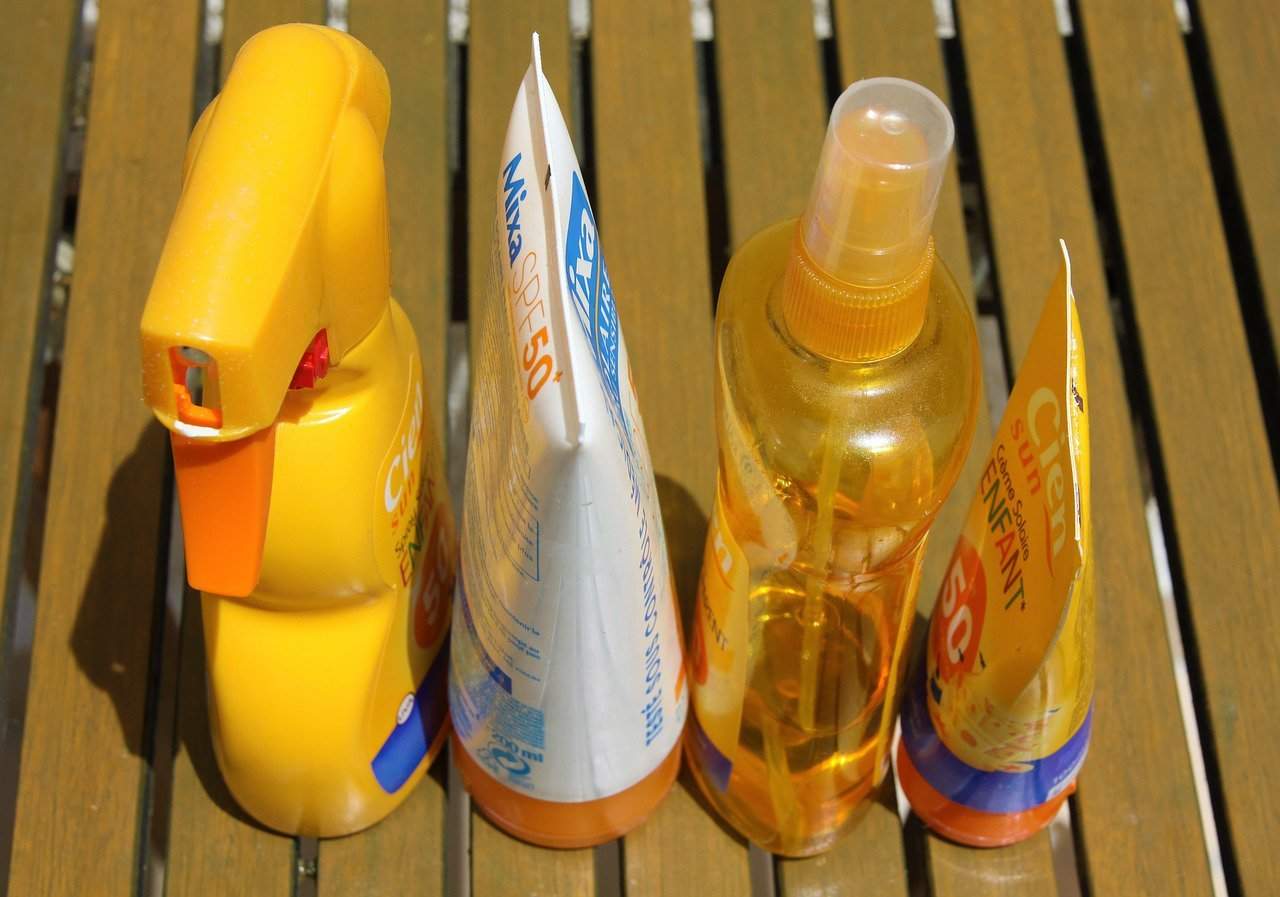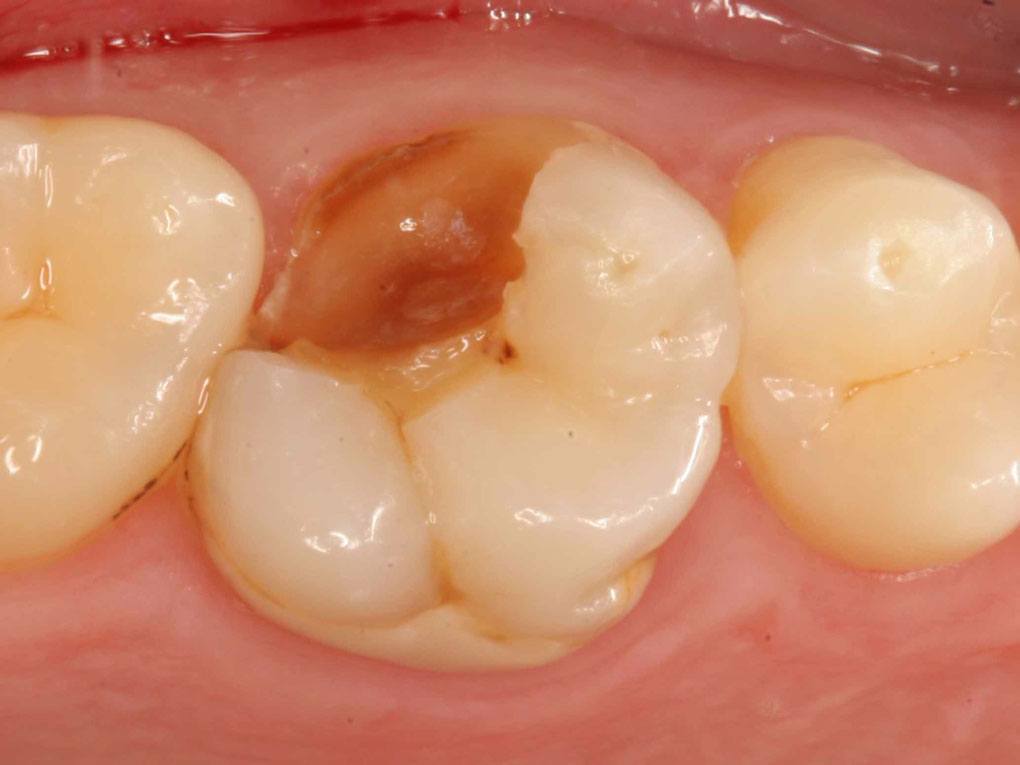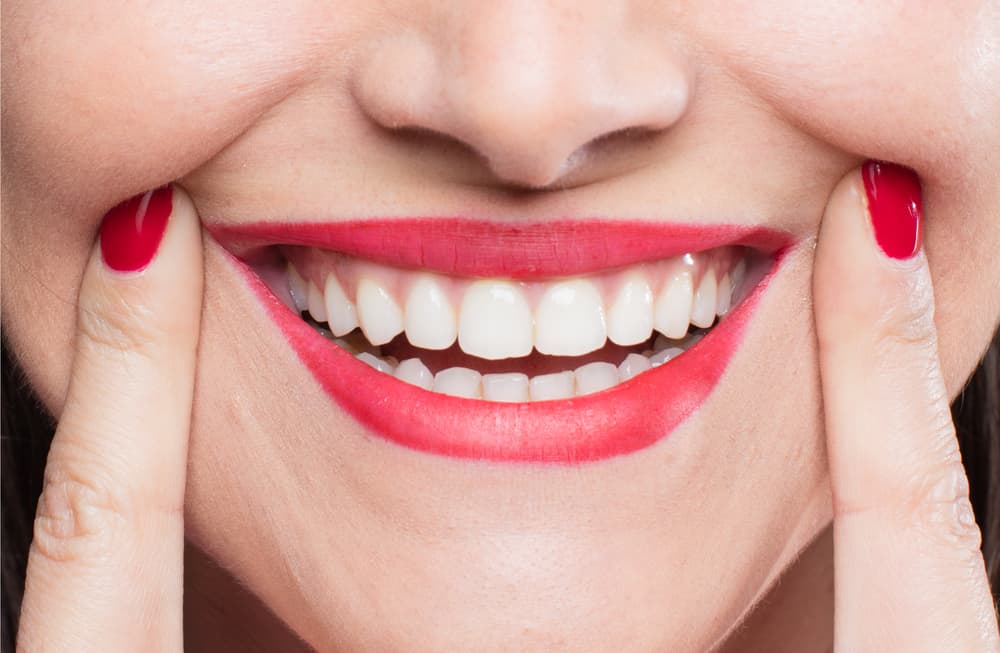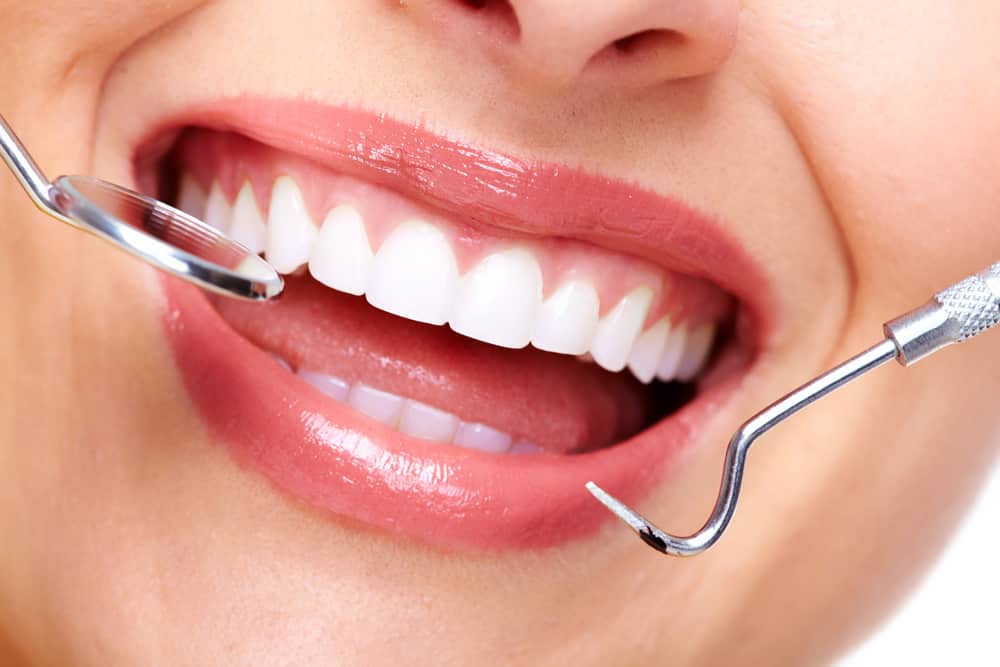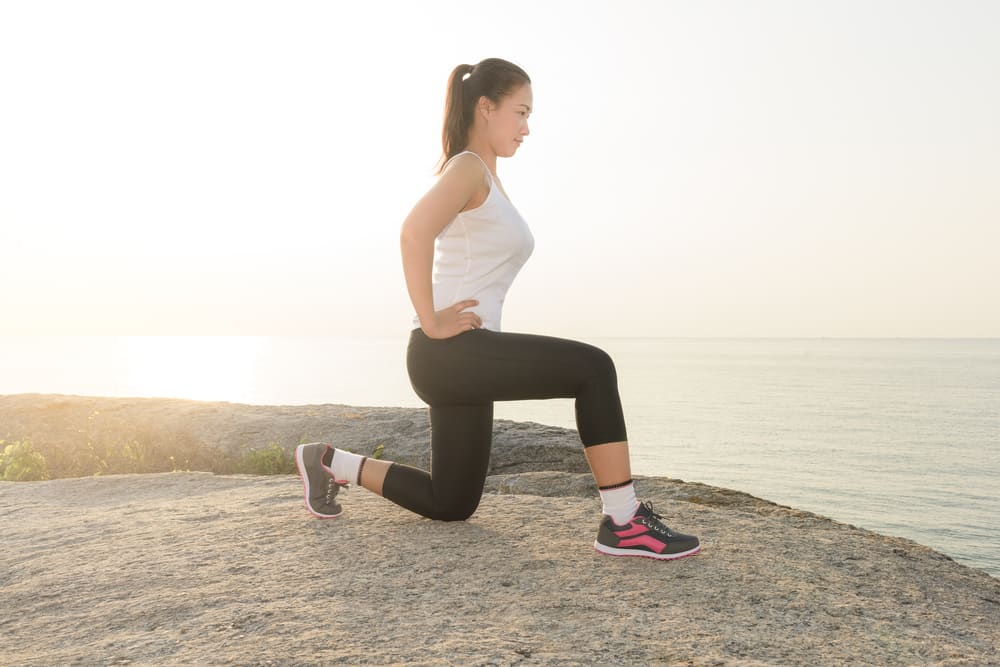Contents:
Medical Video: difference between sunscreen or sunblock ??which is the best sunscreen ??SuhaniStyleTips
One of the most effective ways to maintain healthy skin remains prime is to protect it from the sun every day. Excessive exposure to sunlight and UV (ultra violet) is associated with premature aging due to free radicals.
There are two types of UV rays that penetrate the ozone layer and cause skin damage: UVA and UVB. UVA rays penetrate to the deepest part of the skin, as the main factor of premature aging, while UVB causes browning and burning of the skin on the top layer of the skin.
Both of these UV rays are associated with skin cancer and long-term damage to your body's health in general. Add sunblock or sunscreen to your daily skin care ritual, and pay attention to the correct 'portion' of sun exposure for yourself and consequently, help protect the skin from the threat of UV light.
It's never too late to start protecting your skin and dig up information about the active ingredients in your sunscreen to determine which is more suitable for you: Sunblock or sunscreen?
What is the difference between sunblock and sunscreen?
There are two types of sun protection products, sunscreen (chemical) and sunblock (physical / inorganic). Each has different functions and ways of working to protect your skin.
What is sunblock?
Sunblock physically prevents or blocks sunlight before it seeps into the skin by building a protective layer over the surface of the skin.
Titanium dioxide and zinc oxide are the only physical UVA and UVB filters approved by the FDA for direct sun protection. Titanium dioxide is a natural mineral that has a reflective ability and high content stability so that it will not decompose under sunlight, this is where the role of antidote UV rays from sunblock is obtained. Meanwhile, zinc oxide is a synthetic mineral whose job is to break down heat and energy released by UV light, blocking radiation away from the skin before even reaching the skin surface. In fact, zinc oxide has anti-irritant and skin protection properties, which are generally included as one of the supporting compositions in sensitive skin care products.
These two active minerals also cause the least allergic reactions because they do not absorb into the skin, so sun protection products that use UV filters are a good choice for children and those who have (very) sensitive to UV light.
Texture of thick sunblock lotion, milky white, and can be seen clearly by the eyes. Sunblock is the best protection recommendation if you have hours of activity under the sun, such as exercising or hot during concerts because the protective effect of sunblock will be applied immediately - without having to wait.
What is sunscreen?
Sunscreens, aka chemical sunscreens, work through the top layers of the skin to absorb sunlight that has already penetrated into the skin, like a sponge.
Sunscreen contains a series of active chemicals that act as filters to reduce penetration of UV radiation into the skin, such as: Octylcrylene, Avobenzone (the most unstable and decomposed UVA filter in the sun), Octinoxate, Octisalate, Oxybenzone, Homosalate, Helioplex, 4- MBC, Mexoryl SX and XL, Tinosorb S and M, Uvinul T 150, and Uvinul A Plus. Sunscreens usually only contain UVB absorbent chemicals, but now many products are found that also contain UVA protective properties.
All these filters are generally colorless and leave a thin and light textured residue on the skin, so they can be applied under makeup.
What needs to be considered before choosing sunblock or sunscreen?
While sunblock protects the skin directly from the sun once it has been applied (although it is easier to wear off), sunscreen takes about 20 minutes to fully absorb the skin before effectively protecting the skin, and must be applied repeatedly in a shorter period of time.
Chemical sunscreens also tend to be more irritating to the skin (especially on sensitive or dry skin) because some active ingredients must be mixed together to get a wider spectrum of coverage. The risk is that the use of sunscreen may cause an increase in the appearance of brown spots, redness, and rosacea on the skin due to an increase in internal body temperature.
Sunscreen should be used every day if you are going to be active in the sun for more than 20 minutes, for example when swimming or playing on the beach, but it is still recommended to use sunscreen even if it is cloudy. Reportedly, 80 percent of UV light can penetrate thick clouds.
Whatever sun protection you use, whether it's sunblock, sunscreen, or protective clothing containing SPF, make sure they offer a broad spectrum of UVA and UVB protection, and must have a minimum SPF of 15.
READ ALSO:
- Overcoming Sunburned Skin
- 5 Types of Vitamins That Can Slow Skin Aging
- Skin Care When Pregnant: Which Is Possible, Which Is Prohibited?

